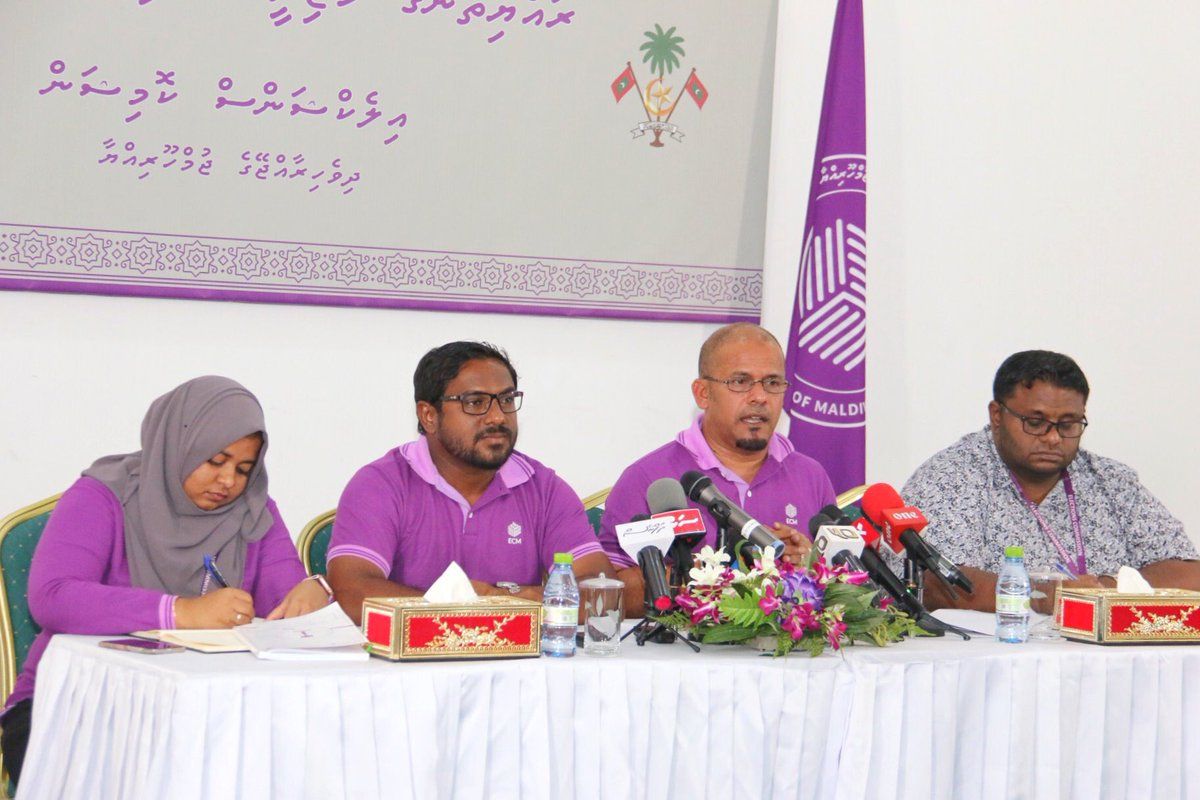
04 Apr 2019, 09:00
Preparations have been completed to conduct the third multi-party parliamentary elections in the Maldives on April 6, the Elections Commission announced Thursday.
At the final press briefing before the polls, EC chief Ahmed Shareef assured voters they would not have to wait in queue for hours as most people did during September’s presidential election.
“This time we have divided all boxes with more than 1,000 voters to two boxes. On average, this time there will be about 500 to 600 voters for each box,” he noted.
In boxes with more than 700 voters, administrative desks will be in place to issue ballot papers to two people at a time, he added.
Become a member
Get full access to our archive and personalise your experience.
Already a member?
Discussion
No comments yet. Be the first to share your thoughts!
No comments yet. Be the first to join the conversation!
Join the Conversation
Sign in to share your thoughts under an alias and take part in the discussion. Independent journalism thrives on open, respectful debate — your voice matters.




